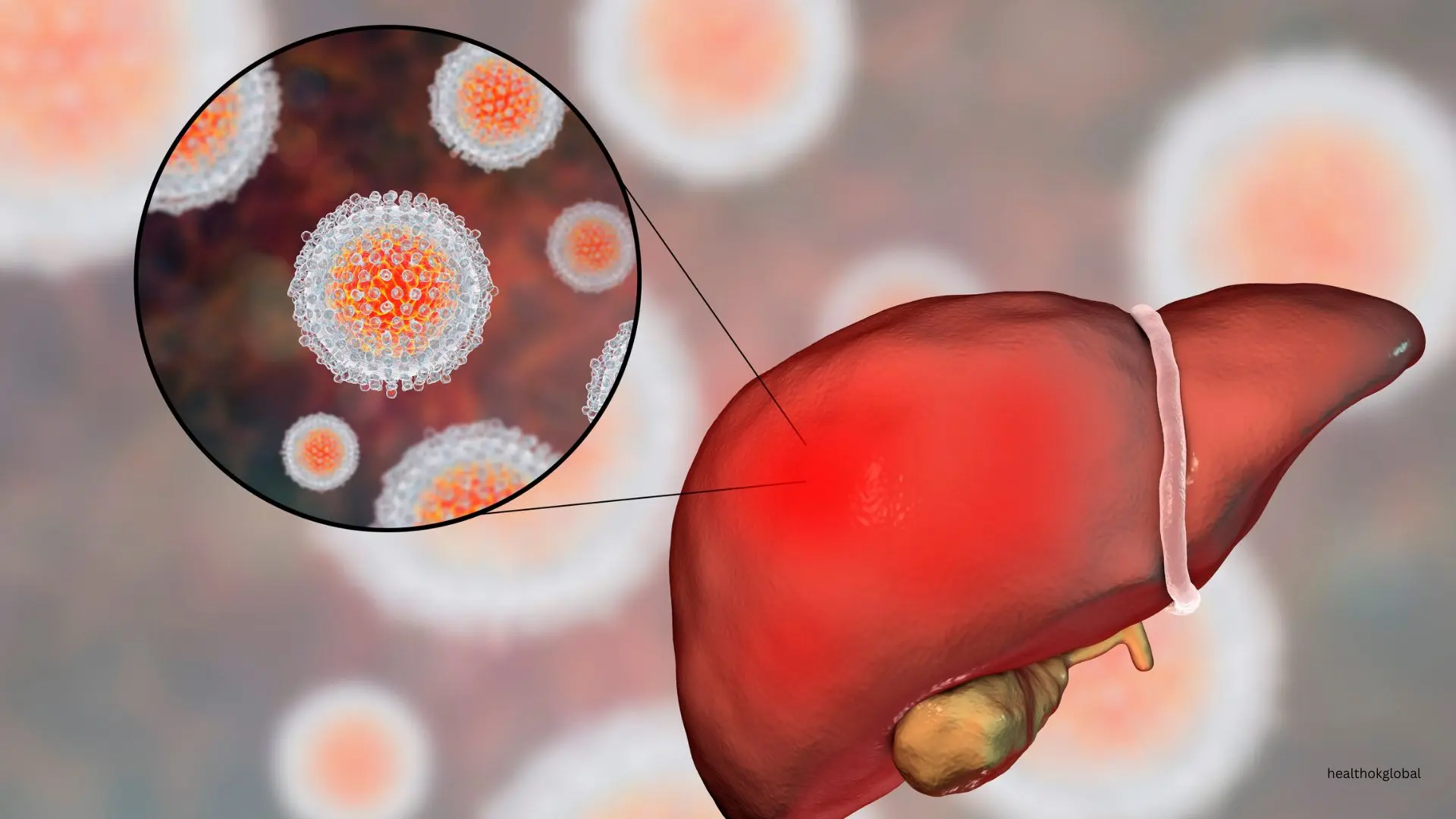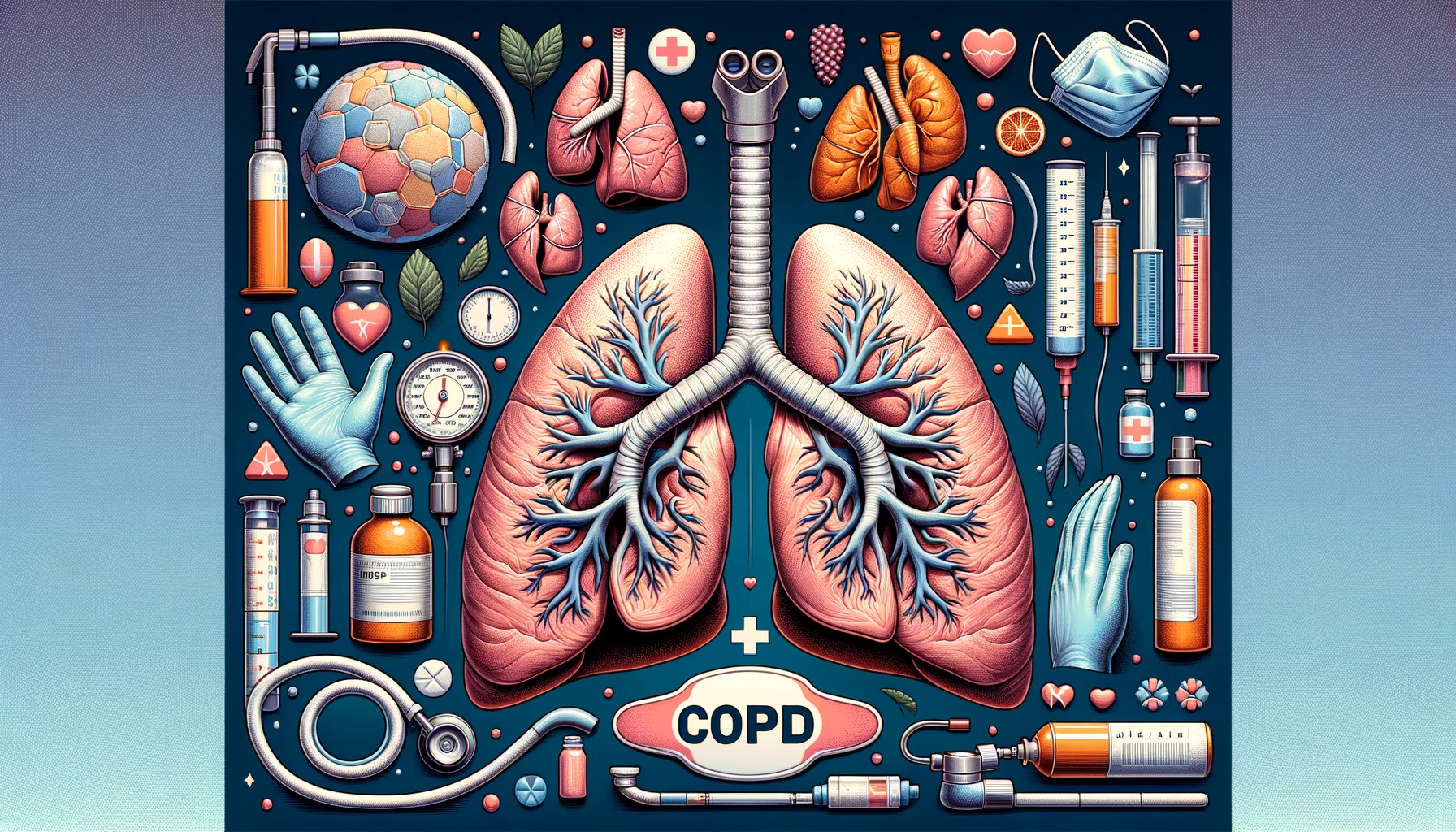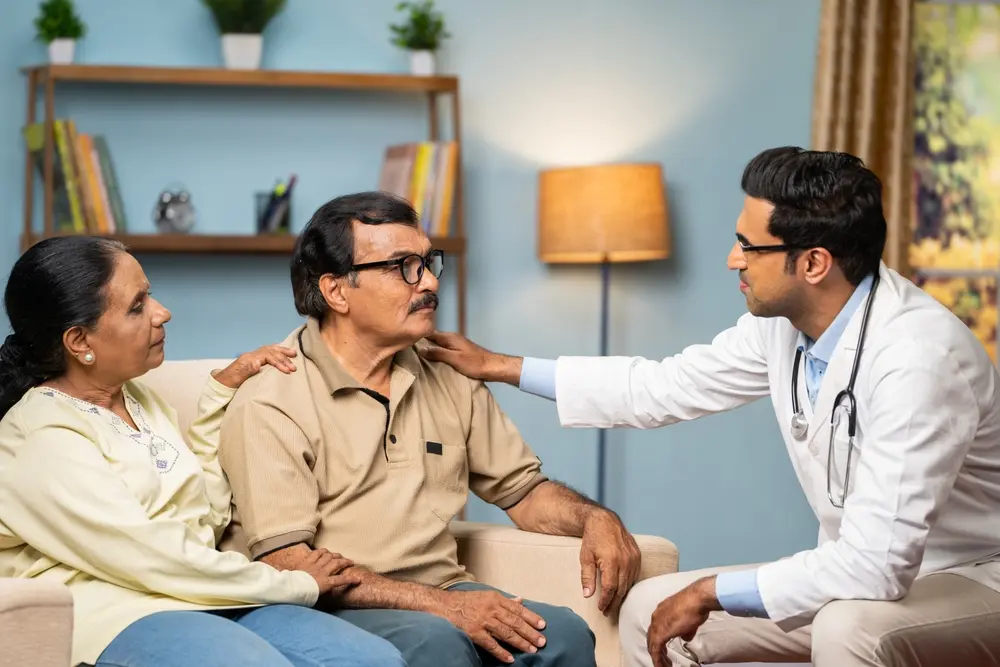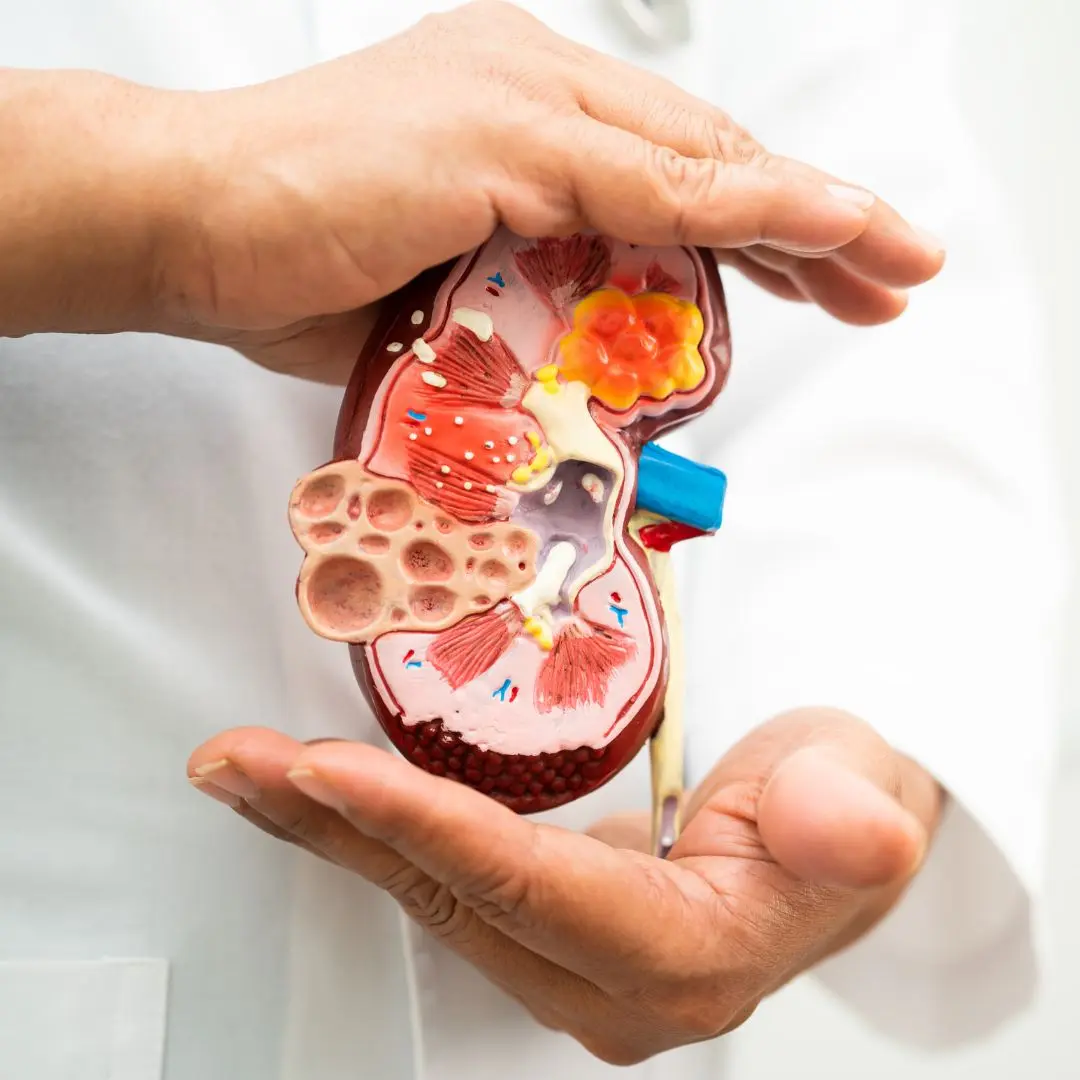Hepatitis B post exposure prophylaxis (PEP) involves a series of interventions to prevent infection after potential exposure to the hepatitis B virus (HBV).

Blog
Comprehensive Guide to Hepatitis B Post Exposure Prophylaxis
Hepatitis B post exposure prophylaxis (PEP) involves a series of interventions to prevent infection after potential exposure to the hepatitis B virus (HBV). HBV is a highly infectious virus that can cause both acute and chronic liver disease. Understanding the guidelines and strategies for PEP is crucial for healthcare providers and individuals at risk. This comprehensive guide covers the essential aspects of hepatitis B PEP, including the importance of timely intervention, recommended protocols, and prevention strategies.
Hepatitis B is a viral infection that affects the liver. It is caused by the hepatitis B virus (HBV) and is transmitted through contact with infectious body fluids, such as blood, semen, and vaginal secretions. HBV can cause acute hepatitis, which can resolve on its own, or it can lead to chronic hepatitis, which increases the risk of liver cirrhosis and liver cancer.
Certain factors increase the risk of exposure to HBV, including:
Healthcare workers and emergency responders are at risk of exposure to HBV through needlestick injuries and contact with infected blood.
Having unprotected sex with an infected partner increases the risk of HBV transmission.
Sharing needles or other drug paraphernalia with an infected person can lead to HBV infection.
Babies born to HBV-infected mothers are at high risk of infection during childbirth.
PEP is critical in preventing HBV infection after potential exposure. Timely intervention can significantly reduce the risk of developing acute or chronic hepatitis B. PEP involves the administration of hepatitis B vaccine and, in some cases, hepatitis B immunoglobulin (HBIG) to provide immediate protection.
The recommended PEP protocols for hepatitis B depend on the vaccination status of the exposed individual and the source of exposure:
Individuals who have not been vaccinated against hepatitis B should receive a dose of HBIG and start the hepatitis B vaccine series as soon as possible after exposure.
Individuals who have started but not completed the hepatitis B vaccine series should receive HBIG and complete the remaining doses of the vaccine series.
Individuals who have completed the hepatitis B vaccine series should receive a booster dose of the vaccine if the source is known to be HBsAg-positive.
HBIG provides passive immunity and is administered intramuscularly. It should be given as soon as possible after exposure, preferably within 24 hours, but no later than 7 days.
The hepatitis B vaccine series consists of three doses given over a period of six months. The schedule is as follows:
Administered as soon as possible after exposure.
Given one month after the first dose.
Given six months after the first dose.
Individuals who receive PEP should be monitored for serologic response to the vaccine. Follow-up testing is recommended to ensure the development of protective antibodies. This includes measuring anti-HBs levels one to two months after the completion of the vaccine series.
In addition to PEP, several strategies can help prevent HBV infection:
Universal hepatitis B vaccination is recommended for all infants, children, and at-risk adults.
Avoid sharing needles and ensure the use of sterile equipment for injections.
Use condoms and reduce the number of sexual partners to lower the risk of HBV transmission.
Healthcare workers should follow standard precautions to prevent needlestick injuries and exposure to infectious body fluids.
Hepatitis B post exposure prophylaxis is a critical intervention for preventing HBV infection after potential exposure. Timely administration of HBIG and the hepatitis B vaccine can significantly reduce the risk of developing acute or chronic hepatitis B. By following recommended protocols and preventive strategies, healthcare providers and individuals can effectively manage the risk of HBV infection and ensure better health outcomes.
HealthOK Global's dedicated care team provides essential healthcare assistance for the elderly in India, ensuring they receive comprehensive support in the comfort of their homes. From routine medical check-ups and medication management to personalized nursing care and emergency response services, our expert caregivers are committed to enhancing the quality of life for seniors. With our FREE 24 x 7 Healthcare Helpline, you can reach us anytime at +91-8047190955 (India) or +1-888-462-1804 (USA) to ensure your loved ones receive the best possible care.
Hepatitis B is a viral infection that affects the liver. It is caused by the hepatitis B virus (HBV) and is transmitted through contact with infectious body fluids, such as blood, semen, and vaginal secretions. HBV can cause acute hepatitis, which can resolve on its own, or it can lead to chronic hepatitis, which increases the risk of liver cirrhosis and liver cancer.
Certain factors increase the risk of exposure to HBV, including:
Individuals who receive PEP should be monitored for serologic response to the vaccine. Follow-up testing is recommended to ensure the development of protective antibodies. This includes measuring anti-HBs levels one to two months after the completion of the vaccine series.
Need Personalized Health Guidance?
Get expert advice tailored to your specific health needs from our qualified healthcare professionals.





